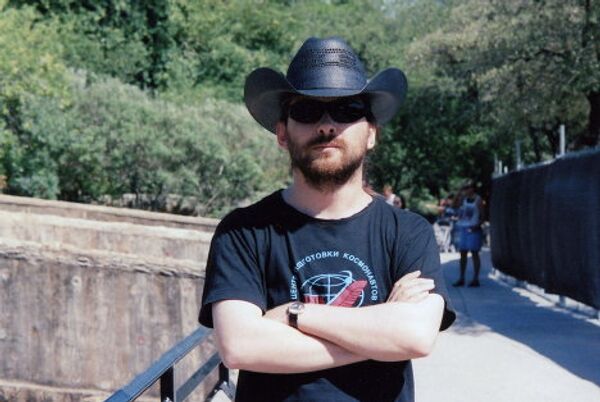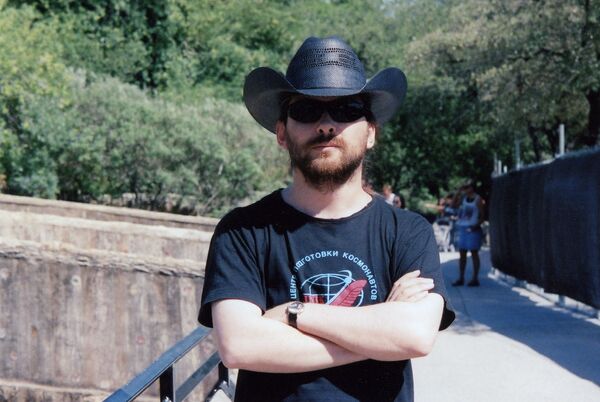A short editorial in The Guardian this week reminded me that this Friday is the 50th anniversary not only of the assassination of JFK but also of the deaths of two well-known 20th century intellectuals: Aldous Huxley and C.S. Lewis.
In addition, it will also mark the centenary of the English composer Benjamin Britten. “Reputations may fluctuate,” said the editorial, “but the great composer, the near-great president and the two English intellectuals in search of spiritual enlightenment had some things in common.”
Intrigued, I read on.

“They all confronted what is evil in mankind and they all offered a message of hope.”
And that, apparently, made them “wise.”
The conclusion seemed trite to me, not to mention wrong.
For instance, I immediately thought about JFK signing off on the disastrous Bay of Pigs Invasion of Cuba. That wasn’t very wise. Expanding the US military presence in Vietnam War wasn’t all that wise either – although I will give him credit for avoiding a full-scale nuclear war.
Then I thought about Aldous Huxley, tripping off his face on mescaline while searching for God. I’m sure it was all very entertaining, but did it bring him wisdom? I am skeptical. As for C.S. Lewis, he wrote nice books about a talking lion. And Benjamin Britten well, uh…
Clearly there’s some confusion here. Yes these individuals all had talents and gifts, but I doubt that wisdom is what unites them. Still, the confusion in this piece was nothing compared to a survey elsewhere in the paper, which asked readers to nominate “the wisest men and women of our day.” Underneath, there was a photograph of, wait for it, J.K. Rowling.
My first instinct was to scoff, but then I wondered if the selection of a rich lady who writes about a boy wizard as an example of a possible wise person might not indicate something other than lunacy – that perhaps the editors couldn’t think of anyone who convincingly embodied “wisdom” in our era.
If so, they are not alone. When I took up the Guardian’s challenge and tried to think of a contemporary public figure I would describe as possessing wisdom, well, I couldn’t.
On the surface the word is easy enough to grasp, of course. The Oxford English Dictionary defines wisdom as “the quality of having experience, knowledge and good judgment.” But who are today’s “wise ones?”
It’s tricky. It’s easy to think of peddlers of pseudo-wisdom, snake oil salesmen like the new age guru Deepak Chopra, who cobbles together a mixture of platitudes and spiritual waffle and makes big bucks peddling his “deep thoughts” on TV, at expensive seminars and in dire books. I’d file the atrocious Brazilian writer Paolo de Coehlo in this category also.
It’s also very easy to think of intelligent people. Today there are more intelligent people than ever before, given that there are more people than ever before. But intelligence does not equal wisdom. Indeed, the more intelligent a person becomes, the more adept he becomes at constructing arguments to persuade himself that stupid and fanciful ideas are true. Look at Lenin – he was a genius, but he believed in total nonsense.
Indeed, it seems that many people today struggle when it comes to thinking of a plausible example of a wise person. Curious to gauge the attitude of the masses I fed various combinations of “wise” and “wisdom” into Google and Amazon.
From the search engine I learned that many people believe that Paul Krugman, a small angry man who blogs for The New York Times, is one of our greatest thinkers. As for the online retailer, when I typed the word “wisdom” into the search bar the top result was a book of photographs with Clint Eastwood’s face on the cover.
That’s right, the ancient actor who once played a truck driver that had an orangutan for a friend.
Hmm, I thought. Does this mean our culture is in crisis? Are there really no wise people left anymore? If so, that is surely a disaster, as wisdom is regarded as an important virtue by every major religion and philosophy.
But then I remembered a friend of mine in Moscow. He was not an author, or a movie star or a politician. He worked in the sales department of a mobile phone company. We used to get together so he could practice his English and he often said things that were so clear and straightforward, so lacking in illusion or pomposity that I still think about them today.
The interesting thing is that none of these things was very startling, and if I were to write them down they would seem very obvious. But they were obvious because they were true, and he could only talk about true things because he saw life clearly. He was, in short, wise.
Still, people in the street walked right past him every day. I don’t even think the people who lived with him realized how wise he was. But I suspect that this is often the case with true wisdom. It is quiet and unobtrusive, and perhaps standing right in front of us a lot of the time. The problem, perhaps, is that so many of us don’t want to listen.
The views expressed in this article are the author’s and may not necessarily represent those of RIA Novosti.
What does the world look like to a man stranded deep in the heart of Texas? Each week, Austin- based author Daniel Kalder writes about America, Russia and beyond from his position as an outsider inside the woefully - and willfully - misunderstood state he calls “the third cultural and economic center of the USA.”
Daniel Kalder is a Scotsman who lived in Russia for a decade before moving to Texas in 2006. He is the author of two books, Lost Cosmonaut (2006) and Strange Telescopes (2008), and writes for numerous publications including The Guardian, The Observer, The Times of London and The Spectator.
Transmissions from a Lone Star: After Snowden, Should American Writers Censor Themselves?
Transmissions from a Lone Star: Should Adults Put Small Children in a Cage and Make Them Fight?
Transmissions from a Lone Star: Bibliophile or Bibliomaniac?
Transmissions from a Lone Star: Please Don’t Steal My Brain When I Die
Transmissions from a Lone Star: Of Oligarchs and Fungi
Transmissions from a Lone Star: The Secret Rituals of History’s Most Creative Minds
Transmissions from a Lone Star: Apparently We Are All Getting Very Old
Transmissions from a Lone Star: The UN General Assembly ‘Explained’
Transmissions from a Lone Star: Will Somebody Please Pay Me to Lie in Bed All Day?
Transmissions from a Lone Star: In Britain, Big Brother Is Watching Your Dog Poop



